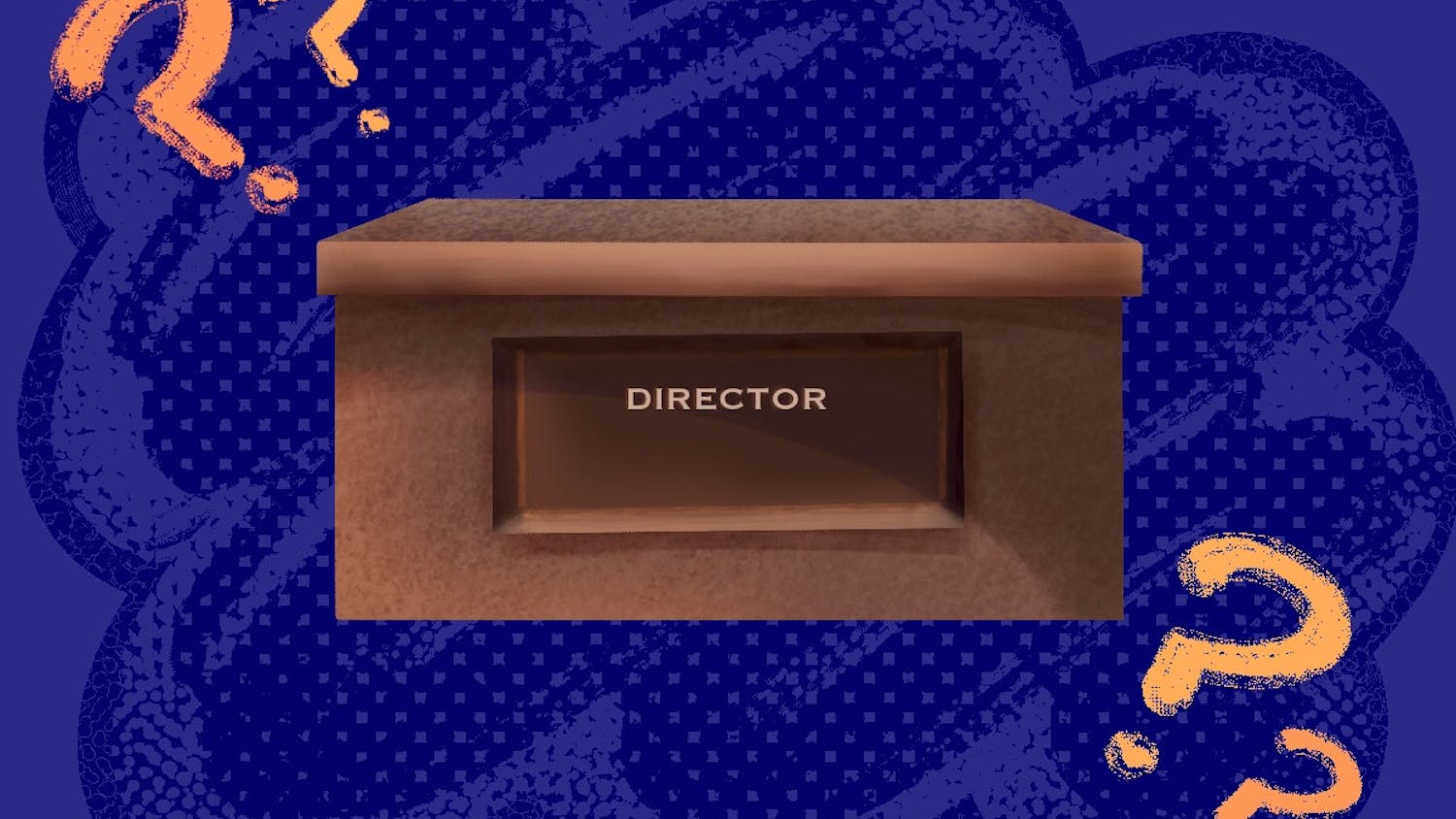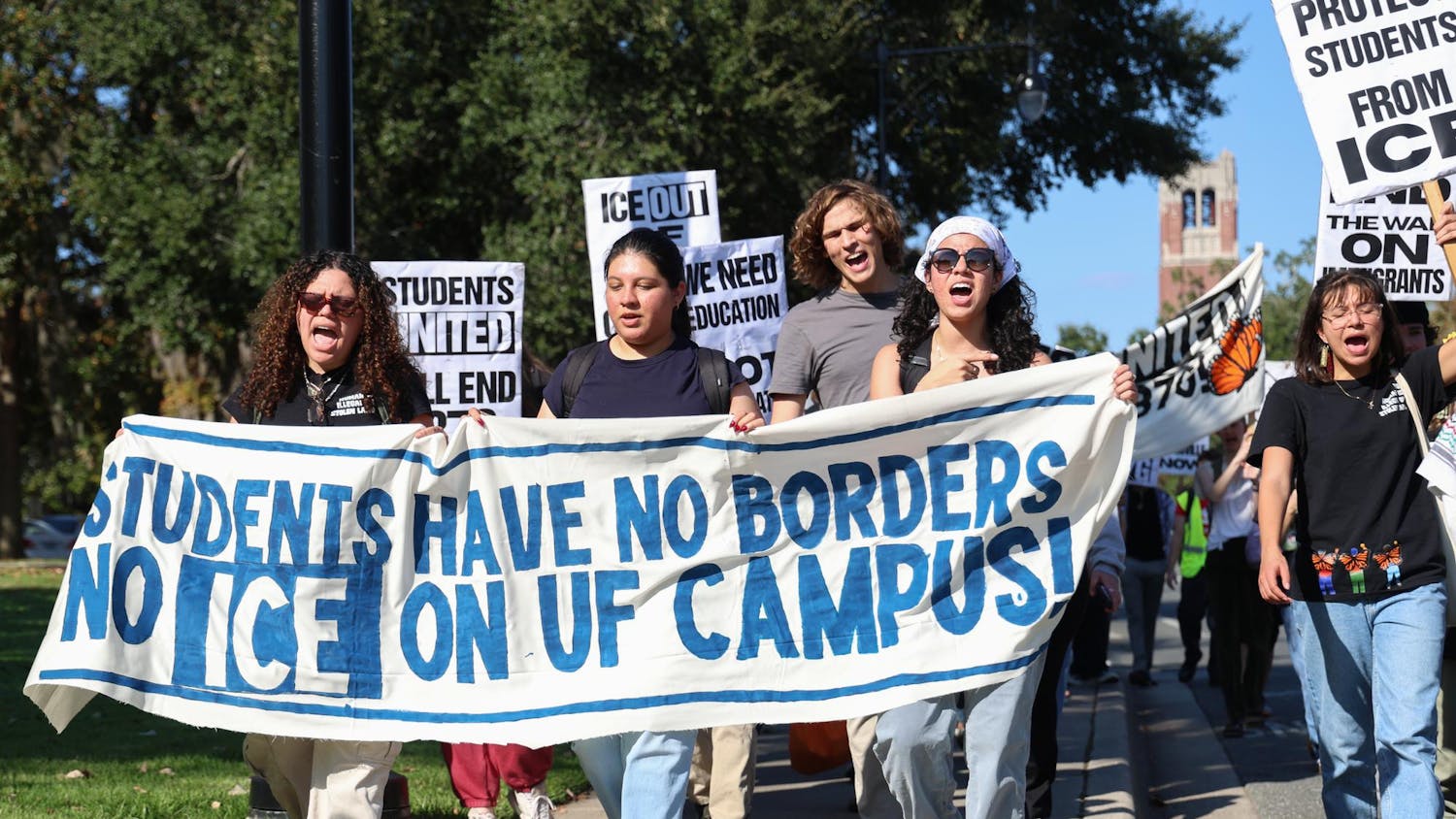Elections are but one simple measure of the democratic nature of any institution and, despite last week’s democratic performance, the UF Student Body would do well to question the nature of its elections. An equal amount of contestation and participation in a political system results in democracy. Take away some attributes of contestation or participation and the resulting system approximates an oligarchy or hegemony. This is the case at UF, where democracy is deficient in both. Election turnout was unusually high for recent times, yet dismally low (about 20 percent) by democratic standards. The more troubling issue at UF is one of a systematic lack of contestation resulting in a “competitive oligarchy,” or elections without real contestation of an elite class.
Control of the UF Student Government has long been held by the Unite Party — an amalgamation of representatives from various highly organized, well-funded elite institutions. Unite boasts a long list of accomplishments and qualified individuals in a majority government that also controls the executive. It is effective in political campaigning and governing as measured by its ability to consistently gain and maintain power in the political system.
It could be argued that the elected Unite representatives are servants of two sets of distinct, and often conflicting, sets of interests, but that sort of petty critique is not the point of this column. Political parties are supposed to represent narrow sets of interests. It is not Unite’s fault that it has learned to “play the game” better than anyone else.
Unite claims a record of worthy accomplishments that might make most students happy, but it is easy to have such a record when one must (at the very least) effectively govern to maintain political power in a democracy or risk regime change in the next election.
What the Student Body and Unite supporters miss is that when one party has been in power for so long, it becomes complacent and only interested in maintaining power, not improving its record of governance.
More competitive elections, after several iterations of regime change, force parties to provide better for the well-being of their constituents. It forces parties to become more sensitive and responsive to the needs of the many.
Unite has become so good at getting elected that it is undermining the democratic process at UF. There are no institutional measures in place to secure democracy when such a highly organized group is in control.
Three possibilities would create a more democratic system at UF: victory by another party, directly challenging Unite at the polls, complacency and reduced quality of governance by Unite (leading to the first possibility) or online voting in Student Body elections.
Of the three, only online voting would work. Unite is unlikely to let go of the reins, and challengers would still have to face a well-organized political machine.
Online voting would be cheap, secure and deliver huge increases in participation, providing several “new” requirements for political parties: informing the electorate, increased accountability and greater competence. The needs arising from online voting would be a victory for the Student Body and any future party — a more democratic system and better political parties.
Unite will almost surely lose in the first online voting election because the vast majority of students are not represented or mobilized by Unite. It will staunchly oppose this change, but it should realize it will be a good thing for all parties in the long run, including Unite. It will force all parties to become better, facilitate the creation of new parties to represent the diversity of UF’s Student Body and give rise to a more democratic process.
A shift in the balance of power is a real possibility with online voting. If Unite really cares about the Student Body and not just controlling power in Student Government, it should support this call for online voting. Let’s have an online referendum for online voting and discover what the Student Body really wants out of its political parties and system.
Victor M. Olivieri is third-year political science Ph.D. student at UF.





